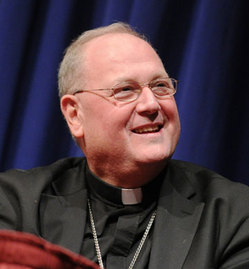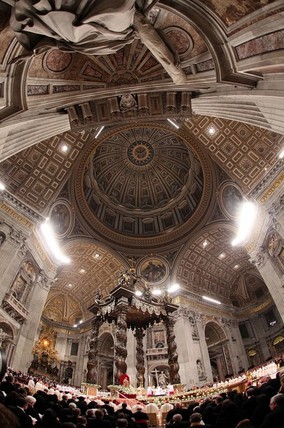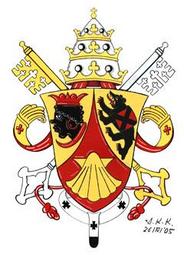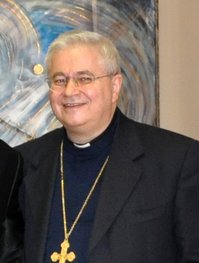The full body of the Congregation for the Doctrine of the Faith met with the Pope on Friday, 27 January, to discuss his conviction that no other work of the Church, particularly this congregation, takes precedence to the work of evangelization. Everyone ought to be committed "to bringing God back into this world and to opening to all men access to the faith."
Benedict see now as the opportune moment "to point out to all the gift of faith in the Risen Christ, the clear teaching of the Second Vatican Council and the invaluable doctrinal synthesis offered by the Catechism of the Catholic Church." Recently, the Pope said that "we are facing a profound crisis of faith, a loss of religious meaning which constitutes the greatest challenge to the Church" (Message for World Mission Day).
Other things that concern us, the Pope noted were:
1. the unity among Christians: maintaining "coherence in the ecumenical task with the Second Vatican Council and the whole of Tradition";
2. warned of the dangers of "a shallow moralism";
3. to promote "the logic" contained in the conciliar teaching: "the sincere search for the full unity of all Christians is a dynamism animated by the Word of God";
4. a need for a "discernment between Tradition with a capital letter and the traditions": "There exists," he said, "a spiritual wealth in the different Christian confessions, which is an expression of the one faith and gift to share" (reflecting the recent work done for the full communion of Anglicans).
The last concern of Benedict was that the entire Church speak with one voice with Peter.






